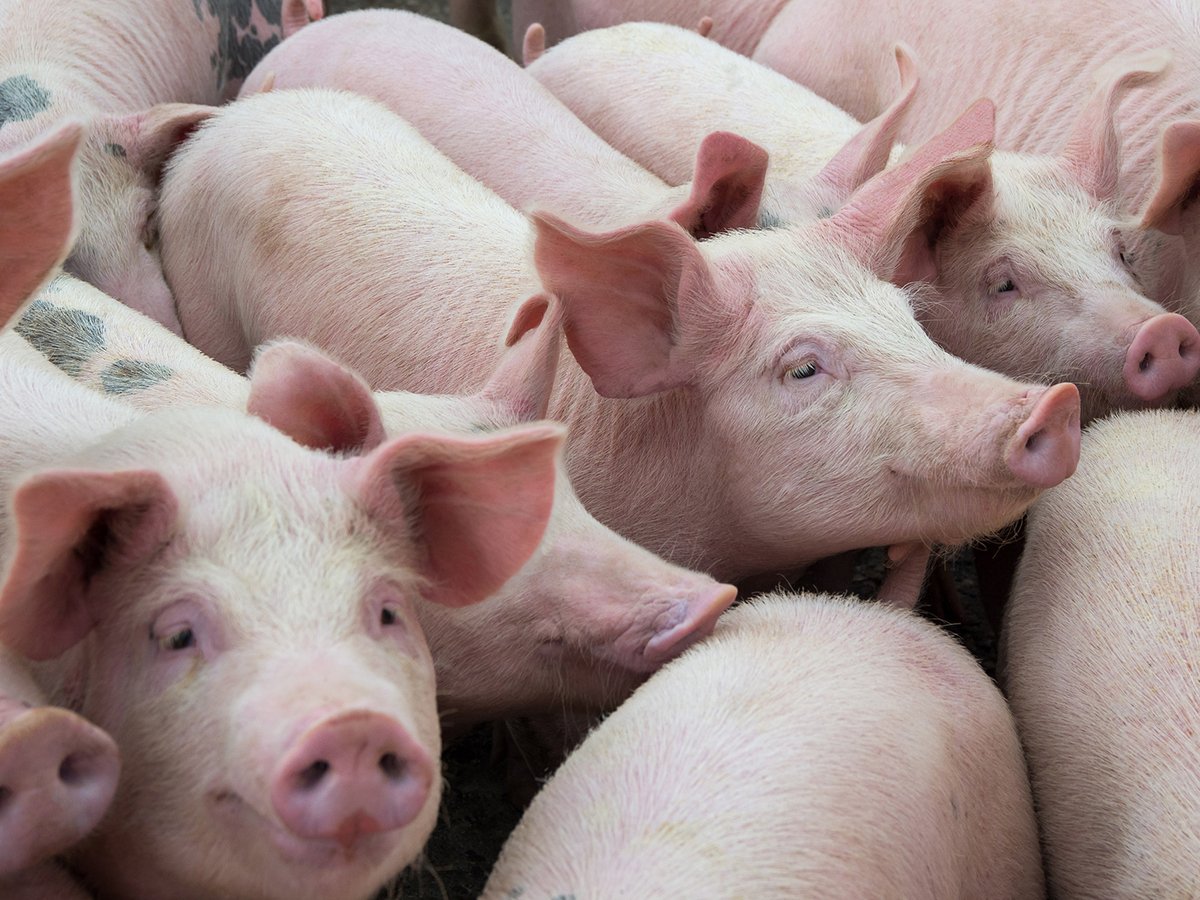SUMMERLAND, B.C. – Most people can taste a food or drink and know whether they like it or not, but it takes a trained taster to determine whether wine tastes like geraniums, or a new juice blend might please children.
At Agriculture Canada’s Pacific Agri-Food Research Centre in Summerland, the sensory evaluation program uses humans as instruments to reliably and consistently taste products.
“Anyone can taste if they are motivated, focused and will pay attention to detail,” said Margaret Cliff, a sensory evaluation researcher at the centre.
Read Also

Quebec pork company calls for transparency around gene-edited pigs
Quebec-based pork company duBreton is calling for transparency around meats from gene-edited pigs on concerns that a lack of mandatory labelling will confuse consumers, and dilute certification claims. The organic sector is also calling for labelling rules.
Sensory evaluation is a specialized field within food science, and has been practised for about 50 years.
People are taught to taste the right way and learn a vocabulary to describe what they taste and smell. The more experience they have as tasters, the more reliable they become.
Part of the sensory evaluator’s work is with the wine industry,
Batches of different wine arrive every month for assessment. Through a tasting and auditing process, successful wine is eligible to receive the Vintner’s Quality Alliance label, a recognized seal of approval for Canadian wine.
The VQA procedure uses elaborate methods to disguise what people taste. The panel may know the wine variety and the vintage, but nothing else. Glasses receive random numbers so tasters do not have a preference for No. 1 rather than No. 2. They may wear nose clips to mask aromas.
Tasters often sit in isolation booths where lighting may be controlled using red, blue or green lights, depending on what needs to be masked to eliminate visual clues. Fruit may be peeled or drinks placed in dark glasses so people have no taste clues from colour.

















